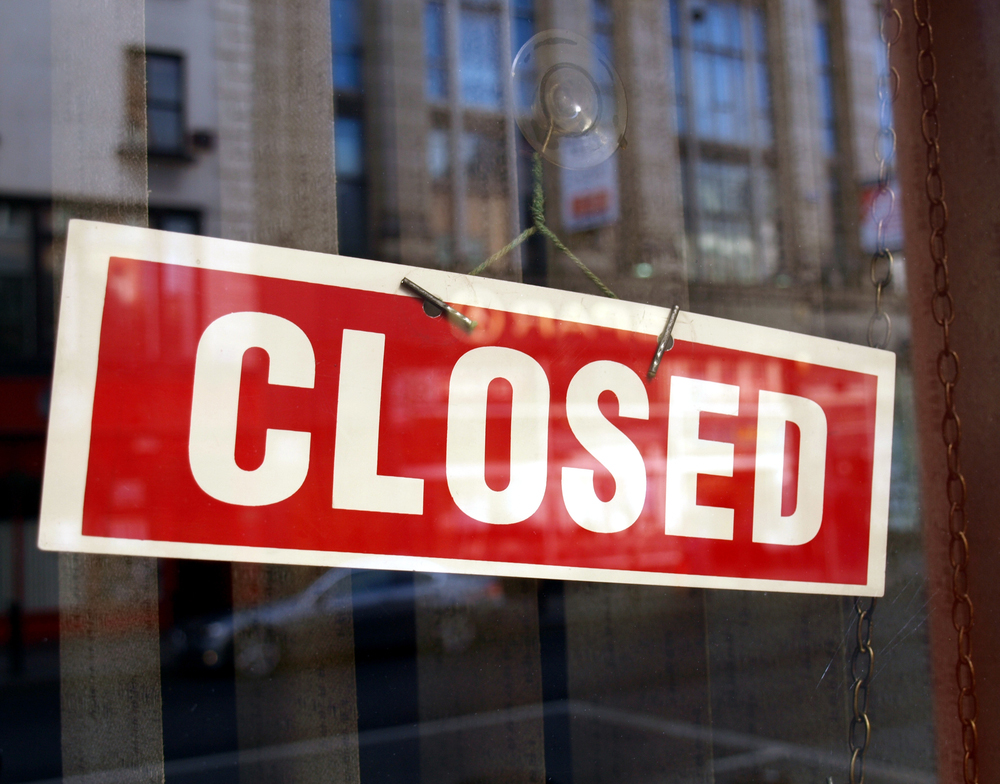Household Bills
Second national lockdown: Furlough and mortgage payment holidays extended

The furlough scheme and mortgage payment holidays have been extended after the government announced a month-long national lockdown in England following a spike in coronavirus cases.
The Prime Minister, Boris Johnson last night announced a second national lockdown to take effect in England from Thursday 5 November until Wednesday 2 December.
It comes after a spike in cases over recent weeks with stark projections suggesting that unless action is taken now, coronavirus deaths could run at several thousand a day – higher than at the peak in April.
As part of the lockdown, non-essential shops, leisure and entertainment venues will be forced to close, though click and collect services can continue. Pubs, bars and restaurants must close except for takeaway and delivery services.
Once again, people are being told to work from home where possible, but where this isn’t, such as in construction or manufacturing, they should remain open.
Unlike in March, schools, colleges, universities and early years settings will remain open.
Furlough scheme extension
Given the month-long lockdown, the government also announced an extension to the furlough scheme – the Coronavirus Job Retention Scheme.
It was scheduled to end on 31 October and replaced by the Job Support Scheme on 1 November. The latter will now be postponed until the furlough scheme ends.
However, the furlough scheme will remain open until December, with employees on any type of contract receiving 80% of their current salary for hours not worked, up to a maximum of £2,500.
To be eligible, employees must be on an employer’s PAYE payroll by 23:59 on Friday 30 October. There’s no requirement that either the employer or employee used the furlough scheme previously to be eligible this time round.
Under the extension, the cost to employers will be reduced and they will only be asked to cover National Insurance and employer pension contributions, which average 5%. As before, employers can choose to top-up employee wages above the 80% set out by the government.
Furloughed employees can be brought back to work on a part-time basis or full-time basis. But when claiming, it must be for a minimum seven consecutive calendar days.
The government confirmed the scheme is for small or large, charitable or non-profit employers but said it expected that publicly funded organisations will not use the scheme, while partially publicly funded organisations may be eligible where private revenues have been hit.
Under the initial furlough scheme, more than nine million jobs were supported and self-employed people received over £13bn in grants. However, at the time of writing, there was no additional announcement or guidance published about further support for the self-employed or the estimated three million who have been previously excluded from government help.
But last month the government did announce that self-employed workers affected by coronavirus could receive up to £3,750 in the next tranche of grants, double the amount previously announced.
Mortgage payment holiday extension
Under previous guidance, mortgage payment holidays were due to end on 31 October with any further financial support required by homeowners due to be reported on their credit files.
However, the government announced an extension to the mortgage payment holiday scheme.
Anyone impacted by coronavirus who has not yet has a mortgage payment holiday will be entitled to a six-month deferral.
For those who have already started a mortgage payment holiday, they will be able to top up to six months without this being recorded on credit files.
Homeowners are warned that interest rolls up throughout any mortgage holidays.
The regulator, the Financial Conduct Authority (FCA), will announce further measures on Monday.
Business grants
Business forced to close in England will be able to receive up to £3,000 per month in grants, on top of £1.1bn given to local authorities (equivalent to £20 per head).
This is based on:
- For properties with a rateable value of £15k or under, grants to be £1,334 per month, or £667 per two weeks
- For properties with a rateable value of between £15k-£51k grants to be £2,000 per month, or £1,000 per two weeks
- For properties with a rateable value of £51k or over grants to be £3,000 per month, or £1,500 per two weeks.
What you can and can’t do in the second national lockdown
Johnson announced that from Thursday 5 November, everyone must stay at home, and may leave only for a limited set of reasons. These include:
- For education
- For work, if you cannot work from home
- For exercise and recreation outdoors, with your household, support bubble or on your own with one person from another household
- For all medical reasons, appointments and to escape injury or harm
- To shop for food and essentials
- And to provide care for vulnerable people, or as a volunteer.
Single-adult households will still be able to form an exclusive support bubble with one other household, and children can move between homes if their parents are separated.
Shielding won’t currently be reintroduced.
However, international travel or within the UK won’t be allowed, unless for work, education or other legally permitted exemptions. Overnight stays also aren’t permitted from next week, unless for specific exceptions.
Johnson will set out the plans to parliament on Monday. On Wednesday, parliament will debate and vote on these measures which, if passed, will come into force on Thursday.
The PM added that the devolved administrations have been updated on the actions in England and “stand ready to work with them on plans for Christmas and beyond”.